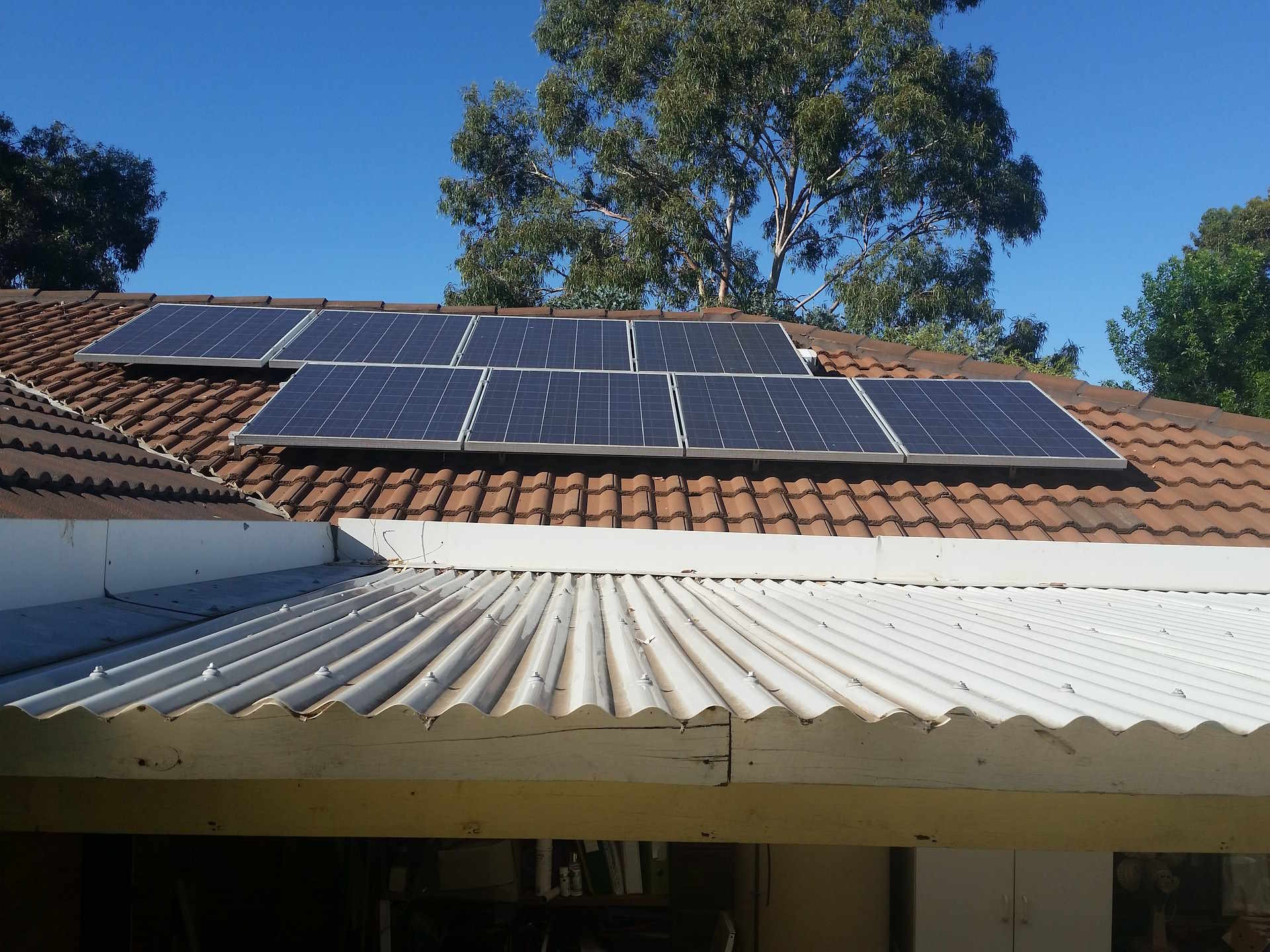Solar Water Heaters: Harnessing the Sun's Power for Your Pool and Home
Solar water heaters are an innovative and eco-friendly solution for heating water in both residential and commercial settings. These systems harness the power of the sun to provide hot water for various applications, including swimming pools, household use, and even space heating. By utilizing renewable solar energy, these heaters offer an efficient and cost-effective alternative to traditional water heating methods.

The efficiency of solar pool heating systems depends on factors such as the size of the pool, the available roof space for solar panels, and local climate conditions. In many cases, solar heaters can maintain comfortable pool temperatures throughout the swimming season without the need for additional heating sources.
What are the benefits of installing solar panels for water heating?
Installing solar panels for water heating offers numerous advantages for homeowners and businesses alike. First and foremost, solar water heaters significantly reduce energy costs by utilizing free and abundant solar energy. This can lead to substantial savings on utility bills, especially in regions with high electricity or gas prices.
Additionally, solar water heaters are environmentally friendly, as they produce no direct greenhouse gas emissions during operation. By reducing reliance on fossil fuels, these systems help lower carbon footprints and contribute to a more sustainable future. Solar water heaters also have relatively low maintenance requirements and can last for many years with proper care, making them a reliable long-term investment.
Can solar water heaters be integrated into existing house systems?
Yes, solar water heaters can be integrated into existing house systems with relative ease. For homes with traditional water heaters, a solar system can be added as a pre-heating stage, reducing the workload on the conventional heater and lowering energy consumption. In many cases, the existing water tank can be repurposed as a storage tank for solar-heated water.
The integration process typically involves installing solar collectors on the roof, connecting them to the home’s plumbing system, and adding necessary components such as pumps and controllers. While professional installation is recommended, many homeowners find that the long-term benefits of solar water heating outweigh the initial setup costs.
What types of solar water heaters are available for residential use?
There are two main types of solar water heaters available for residential use: active and passive systems. Active systems use pumps to circulate water or heat-transfer fluids through the solar collectors, while passive systems rely on natural convection to move heated water.
Active systems can be further divided into direct circulation systems, which pump household water directly through the collectors, and indirect circulation systems, which use a heat-transfer fluid to collect solar energy before transferring it to the household water supply. Passive systems include integral collector-storage systems and thermosyphon systems, both of which are generally simpler and less expensive but may be less efficient in colder climates.
How much does a solar water heating system cost?
The cost of a solar water heating system can vary significantly depending on factors such as the type of system, size of the household, and local installation costs. Generally, residential solar water heaters range from $2,000 to $10,000 or more, including installation. However, it’s important to consider the long-term savings on energy bills when evaluating the overall cost-effectiveness of these systems.
| System Type | Typical Cost Range | Average Annual Energy Savings |
|---|---|---|
| Active Direct | $2,000 - $4,000 | $200 - $300 |
| Active Indirect | $3,000 - $6,000 | $250 - $350 |
| Passive ICS | $1,000 - $3,000 | $100 - $200 |
| Passive Thermosyphon | $2,000 - $5,000 | $150 - $250 |
Prices, rates, or cost estimates mentioned in this article are based on the latest available information but may change over time. Independent research is advised before making financial decisions.
Are there any incentives for installing solar water heaters?
Many governments and utility companies offer incentives for installing solar water heaters as part of broader efforts to promote renewable energy adoption. These incentives can significantly reduce the upfront costs of installation and improve the return on investment for homeowners.
Common types of incentives include tax credits, rebates, and low-interest loans. The availability and amount of these incentives vary by location, so it’s essential to research local programs and consult with solar installation professionals to understand the specific benefits available in your area.
In conclusion, solar water heaters offer an efficient, environmentally friendly, and cost-effective solution for heating water in both residential and commercial settings. Whether used for swimming pools or household applications, these systems harness the power of the sun to provide hot water while reducing energy costs and environmental impact. With various types available and potential incentives to offset installation costs, solar water heaters are becoming an increasingly attractive option for homeowners looking to embrace sustainable energy solutions.






